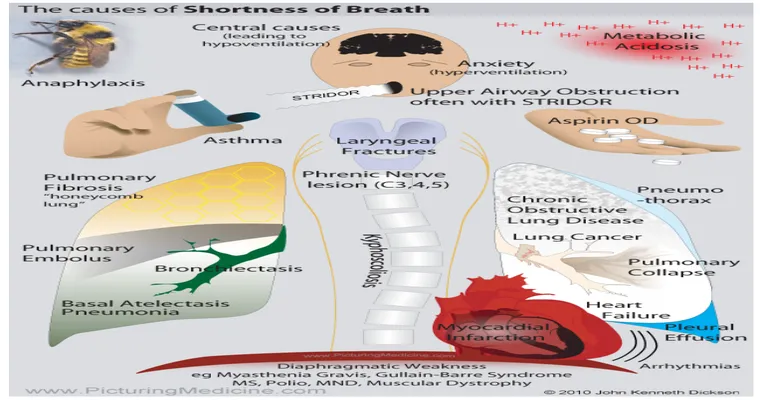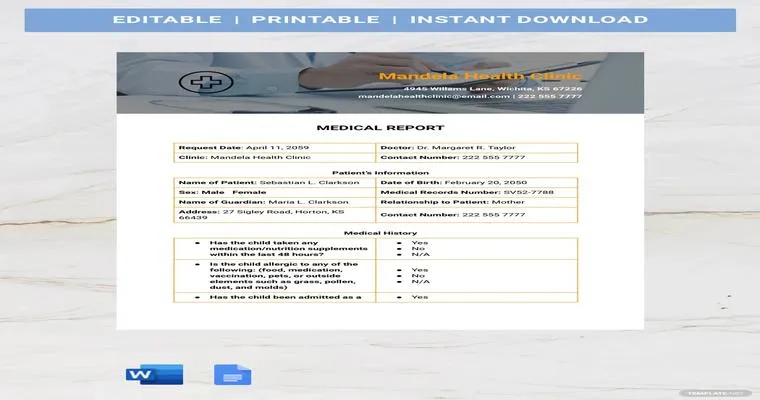Losing a parent is one of the most challenging experiences anyone can face, and when that loss occurs while they are in "hospice care", it can lead to overwhelming feelings of "guilt" and "regret". If you find yourself struggling with this guilt after your mom's passing, it’s essential to understand that these feelings are common and valid. The journey through grief is complex, and many people experience similar emotions after losing a loved one, especially in a sensitive setting like hospice.
When a loved one enters hospice, it often signifies that they are in the final stages of their illness. As family members, we may grapple with feelings of helplessness and sorrow, wishing we could do more to ease their pain. You might reflect on moments when you could have been more supportive or wonder if you made the right decisions regarding their care. This self-reflection can easily morph into guilt, making it difficult to process your loss.
It's crucial to acknowledge that guilt is a natural part of the grieving process. You may feel guilty for various reasons, such as wishing for an end to their suffering or feeling relieved that their struggle is over. These emotions do not diminish your love for your mom; instead, they highlight the complex nature of grief. Understanding that guilt often comes hand in hand with loss can help you navigate this challenging emotional landscape.
One way to find solace is to talk about your feelings with someone you trust. Whether it’s a friend, family member, or therapist, sharing your experiences can help lighten the emotional burden. You may find comfort in hearing that others have felt similar emotions after losing a loved one. Support groups, particularly those focused on grief and loss, can provide a safe space to express your feelings and learn coping strategies from others who have shared similar experiences.
Another helpful approach is to honor your mother's memory in ways that feel meaningful to you. This could be through creating a scrapbook, planting a tree in her honor, or participating in charitable activities that she cared about. These actions can provide a sense of purpose and help you channel your grief into something positive. Remember that your mom would likely want you to find peace and happiness, even in her absence.
As you continue to process your feelings of guilt, it’s essential to practice self-compassion. Remind yourself that you did the best you could during a challenging time. No one is perfect, and it's natural to second-guess decisions made during moments of emotional turmoil. Allow yourself to grieve fully without judgment and recognize that healing takes time.
In conclusion, losing a loved one, especially a parent, while they are in hospice can lead to complex feelings of guilt and regret. Understanding that these emotions are a normal part of the grieving process can help you navigate your feelings more effectively. Seeking support, honoring your mom's memory, and practicing self-compassion are vital steps in finding peace. Remember that it’s okay to grieve, and with time, the burden of guilt can become lighter, allowing you to cherish the memories you shared with your mom.





